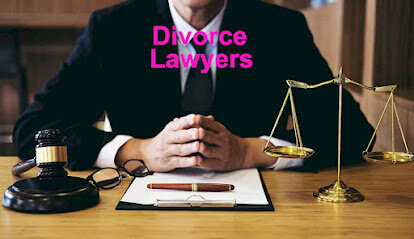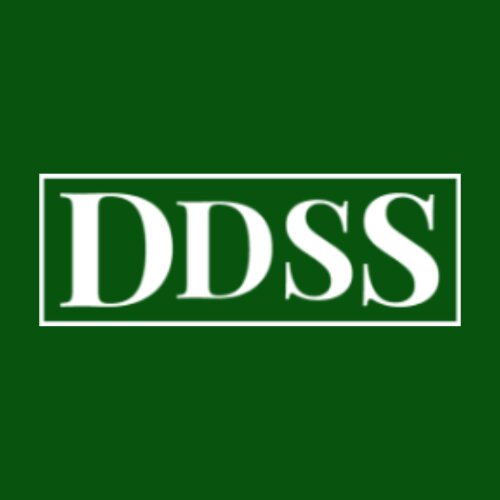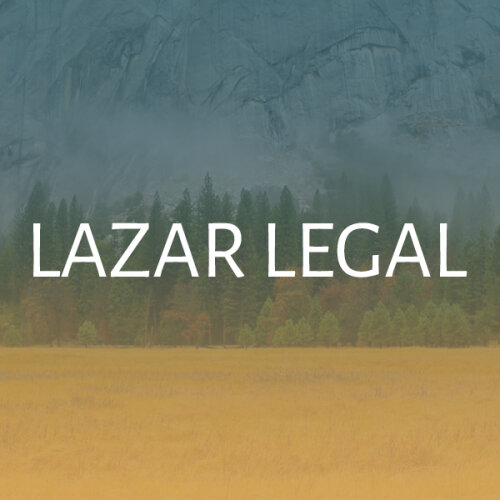Best Elder Law Lawyers in New York
Share your needs with us, get contacted by law firms.
Free. Takes 2 min.
Or refine your search by selecting a city:
List of the best lawyers in New York, United States
United States Elder Law Legal Questions answered by Lawyers
Browse our 2 legal questions about Elder Law in United States and read the lawyer answers, or ask your own questions for free.
- Hi, I like to get the information about my deceased sister government pension in Sind Govt.
- I am living in usa and my sister was the govt employee in pakistan about 25 to 27 years. she was unmarried and my parents also passed. I like to know who will the benifits after her death. She passed during her job. I really appreciate it if you guide... Read more →
-
Lawyer answer by A A Abdullahi Law Firm
Hello, Her next of kin will be you and so you shall be the one to receive the benefits and her properties. You can contact us vfor assistance on the documentation and procession
Read full answer - How to protect property from squatters law
- Deed in my mom's name. She died 18 years ago. Son is named as administrator but not as owner. We live in USA so let Non relative live there for 45-50 year but had no formal contract. Let him live there free as long as he paid utilities and taxes.... Read more →
-
Lawyer answer by M BILAL ADVOCATES, CORPORATE & TAX CONSULTANTS
After completing probate to establish yourself as the legal heir, you can transfer the property title to your name and then grant them permission to reside there through a formal agreement. It is worthy to note that you can do...
Read full answer
About Elder Law in New York, United States
Elder Law is a specialized area of legal practice that focuses on the needs and concerns of older adults and their families. In New York, Elder Law addresses a wide range of issues such as estate planning, long-term care planning, Medicaid eligibility, guardianship, elder abuse, healthcare decision-making, and protection of assets. The primary goal of Elder Law is to ensure that seniors are treated with dignity, their rights are protected, and their legal and financial interests are safeguarded as they age.
Why You May Need a Lawyer
Many individuals and families in New York seek assistance from Elder Law attorneys for guidance in navigating complex legal matters. Common situations where legal help may be required include:
- Developing an estate plan or writing a will - Applying for Medicaid or other public benefits to pay for long-term care - Protecting assets from being exhausted by medical expenses - Establishing guardianship or power of attorney for an aging relative - Addressing incidents of elder abuse, neglect, or financial exploitation - Planning for healthcare decision-making, including living wills and healthcare proxies - Resolving disputes over the management of an older adult’s property or affairs - Navigating nursing home admissions and residents' rights issues
Local Laws Overview
New York has several laws and regulations that specifically impact seniors and their families. Understanding these laws is essential for anyone dealing with Elder Law issues:
- Medicaid Planning: New York’s Medicaid system offers programs to help cover the cost of long-term care, including nursing home and home-based care. Special rules exist regarding income and asset levels, including look-back periods on asset transfers to prevent fraud. - Estates, Powers and Trusts Law (EPTL): These statutes govern the creation of wills, trusts, and the administration of estates in New York. - Guardianship Law: Article 81 of the New York Mental Hygiene Law sets standards for appointing a legal guardian for an incapacitated adult when they can no longer make decisions for themselves. - Healthcare Proxies and Living Wills: New York law allows residents to appoint a healthcare agent to make healthcare decisions and to create advance directives. - Elder Abuse Protection: There are legal mechanisms in New York to prevent and respond to physical, emotional, or financial abuse of seniors.
Frequently Asked Questions
What is the main purpose of Elder Law in New York?
Elder Law provides legal solutions to protect the rights, finances, and well-being of seniors, ensuring their wishes are respected and their assets are properly managed.
At what age should someone consider consulting an Elder Law attorney?
It is never too early to start planning. Many people begin seeking advice in their 50s or 60s to plan for retirement and potential long-term care needs, but Elder Law services can benefit adults at any age.
How does Medicaid planning work in New York?
Medicaid planning involves structuring your finances and assets to meet eligibility requirements for Medicaid long-term care. This may include trusts, asset transfers, or gifting strategies, and should be done carefully to avoid penalties.
What is an advance directive and why is it important?
Advance directives, such as living wills and healthcare proxies, allow you to specify your healthcare wishes in advance and designate someone to make medical decisions if you become unable. These documents are essential for ensuring your preferences are honored.
How can I protect my assets from nursing home costs?
Through careful estate and Medicaid planning, such as the use of irrevocable trusts or asset transfers done well in advance of needing care, you can help safeguard assets from being spent down for nursing home expenses.
What steps should be taken if an elderly loved one is being financially exploited?
Contact Adult Protective Services and consider consulting an Elder Law attorney immediately. Legal interventions such as guardianships, restraining orders, or actions to recover lost funds may be available.
What is the difference between a power of attorney and guardianship?
A power of attorney is a voluntary arrangement where you appoint someone to handle your affairs. Guardianship is a court-ordered arrangement for incapacitated individuals who can no longer make their own decisions.
Are wills and trusts subject to probate in New York?
Wills must go through the probate process in New York Surrogate’s Court. Certain types of trusts, such as irrevocable trusts, can help assets avoid probate and streamline distribution.
Can I change my will or estate plan after it is created?
Yes, as long as you are mentally competent, you can amend or update your estate plan at any time to reflect your changing wishes or circumstances.
How can I find a qualified Elder Law attorney in New York?
Seek referrals from trusted sources, contact local bar associations, or consult organizations specializing in aging and elder care for recommendations.
Additional Resources
If you need more information or assistance, several organizations and government agencies in New York offer support regarding Elder Law:
- New York State Office for the Aging (NYSOFA): Provides resources, advocacy, and information on services for seniors. - Local Area Agencies on Aging: Offer direct services and support throughout New York State. - New York Legal Assistance Group (NYLAG): Offers free legal services to New Yorkers in need, including seniors. - New York City Department for the Aging: Specializes in services for older adults in New York City. - Adult Protective Services (APS): Protects vulnerable adults at risk of abuse or neglect. - New York State Bar Association's Elder Law Section: Can help you find qualified Elder Law attorneys.
Next Steps
If you or your loved one needs legal assistance in Elder Law, start by identifying your specific needs, such as estate planning, Medicaid applications, guardianship, or protection against abuse. Prepare relevant documents and details regarding your situation. Contact a reputable Elder Law attorney or a local legal aid organization for an initial consultation. Many attorneys offer free or low-cost first meetings. Early consultation can help you make informed choices, protect assets, and ensure the dignity and safety of you or your loved ones as you age.
Lawzana helps you find the best lawyers and law firms in New York through a curated and pre-screened list of qualified legal professionals. Our platform offers rankings and detailed profiles of attorneys and law firms, allowing you to compare based on practice areas, including Elder Law, experience, and client feedback.
Each profile includes a description of the firm's areas of practice, client reviews, team members and partners, year of establishment, spoken languages, office locations, contact information, social media presence, and any published articles or resources. Most firms on our platform speak English and are experienced in both local and international legal matters.
Get a quote from top-rated law firms in New York, United States — quickly, securely, and without unnecessary hassle.
Disclaimer:
The information provided on this page is for general informational purposes only and does not constitute legal advice. While we strive to ensure the accuracy and relevance of the content, legal information may change over time, and interpretations of the law can vary. You should always consult with a qualified legal professional for advice specific to your situation.
We disclaim all liability for actions taken or not taken based on the content of this page. If you believe any information is incorrect or outdated, please contact us, and we will review and update it where appropriate.
Browse elder law law firms by city in New York
Refine your search by selecting a city.















